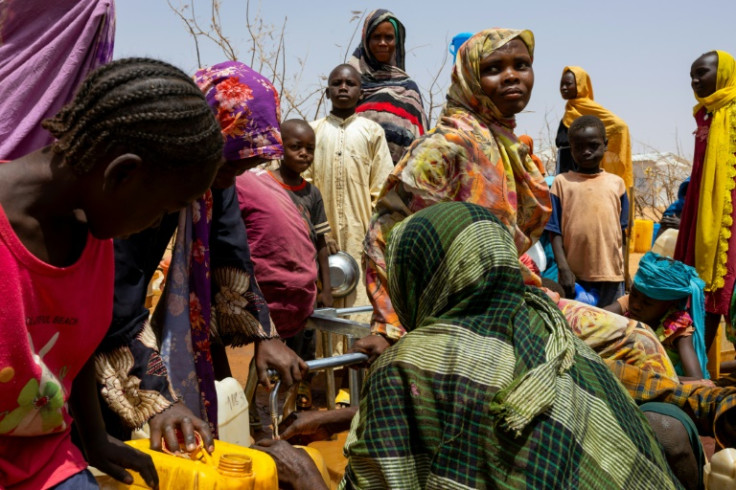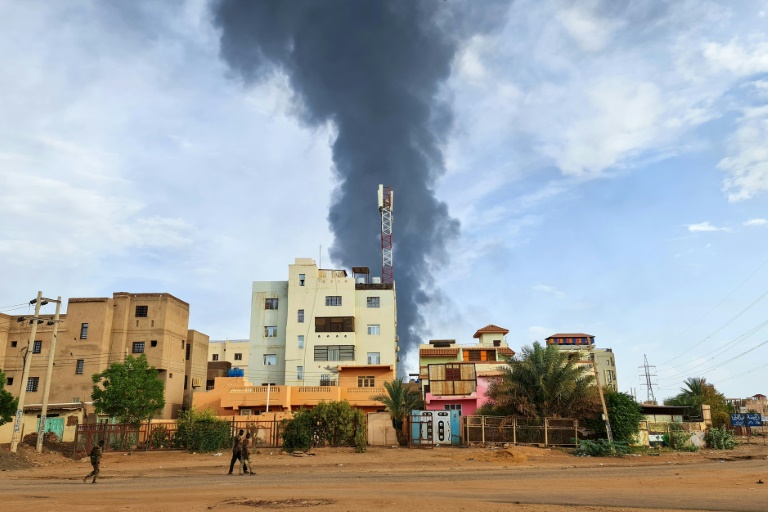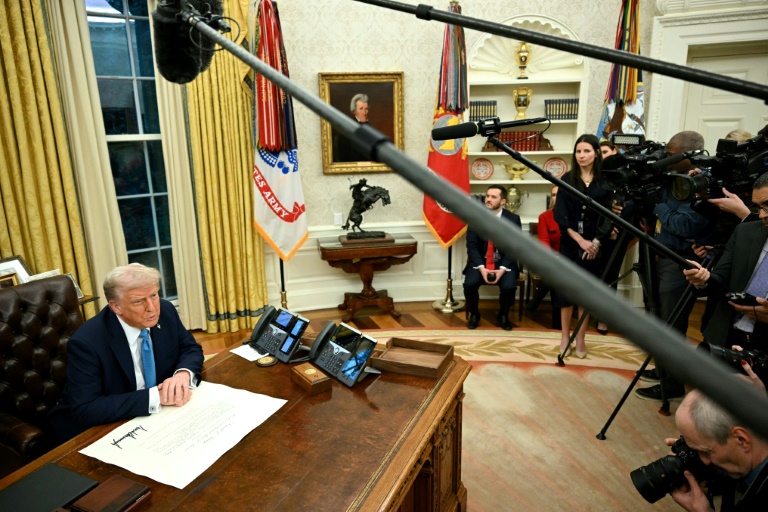France and its allies on Monday drummed up aid pledges of over two billion euros ($2.1 billion) for Sudan a year after civil war erupted sparking one of the world’s worst humanitarian crises.
Tens of thousands of people have been killed and 8.5 million more forced to flee their homes since fighting broke out on April 15 last year between rival generals.
“We can announce that over 2 billion euros will be mobilised… this support will be able to respond to the most urgent needs” for Sudan’s population ranging from a food crisis to education, French President Emmanuel Macron announced.
Sudan is experiencing “one of the worst humanitarian disasters in recent memory”, with more people displaced inside the country than anywhere else in the world and a fast-growing hunger crisis, the United Nations says.
Attention to Sudan’s plight from the international community has been crowded out by conflicts in Ukraine and Gaza.
With the conference in Paris “our duty was to show that we are not forgetting what is going on in Sudan and there are no double standards” as the world focuses on other crises, Macron said.
EU countries accounted for close to half of the total aid pledges.
Will Carter, the Norwegian Refugee Council’s country director in Sudan, said the conference was a “genuine attempt to revive the world’s efforts” with the funds pledged “desperately needed to save millions of lives”.
But he said the pledges represented half the $4 billion needed in Sudan and in neighbouring countries and the test “for the international community will be in the weeks and months to come”.
Laetitia Bader, Horn of Africa director at Human Rights Watch, told AFP: “What is critical is that what happens today doesn’t mark a stop in the response to Sudan.”
The conference, co-hosted by Germany and the European Union, included a ministerial meeting on political matters in addition to the humanitarian talks.
In its final declaration the conference called for “all foreign actors” to end armed support for the warring parties, and for the belligerents to “immediately cease hostilities”.
Aid workers say a year of war has led to a catastrophe, but the world has turned away from the country of 48 million as conflict rages between Sudan’s army and the paramilitary Rapid Support Forces.
Only five percent of the 3.8-billion-euro ($4.1 billion) target in the UN’s latest humanitarian appeal had been funded ahead of the conference this year, according to France’s foreign ministry.
On the fifth anniversary of a fire that ravaged the French capital’s Notre Dame cathedral, Save the Children contrasted the lack of donations for Sudan with the international response to the Paris blaze.
“It is staggering that after a fire in which nobody died, donors from across the world were so moved to pledge funds to restore Notre Dame,” said the charity’s country director in Sudan, Arif Noor.
An estimated 1.8 million people have fled Sudan — many to neighbouring Chad, now also suffering a humanitarian crisis — and 6.7 million have been internally displaced.
Human Rights Watch says warring parties have blocked access for humanitarian assistance, pillaged foreign financial aid and targeted humanitarian workers in attacks.
The head of the UN’s food agency warned the world should not wait for famine to be officially declared.
“Our goal now is to be able to get in… About 90 percent of the population can’t be reached right now,” WFP director Cindy McCain said.
“When we start talking about is there famine, is there not famine, the truth is we don’t know because we can’t get in,” she told AFP.
Claire Nicolet at Doctors Without Borders (MSF) said “the situation is necessarily getting worse because there has been no food distribution since May”.
Chad’s Foreign Minister Mahamat Saleh Annadif urged “pressure for there to be an immediate ceasefire”, a call echoed by EU foreign policy chief Josep Borrell who said humanitarian staff needed to be allowed “to operate without hindrance”.
Macron, who in May 2021 had hosted a conference in Paris on Sudan’s democratic transition, paid tribute to the 2018 uprising against authoritarian rule that many hoped would usher in a new future for the country.
“No one forgot the revolution of 2018 which raised up so much hope. It was ruined by cynicism… We will get there,” he said.
AFP

AFP







